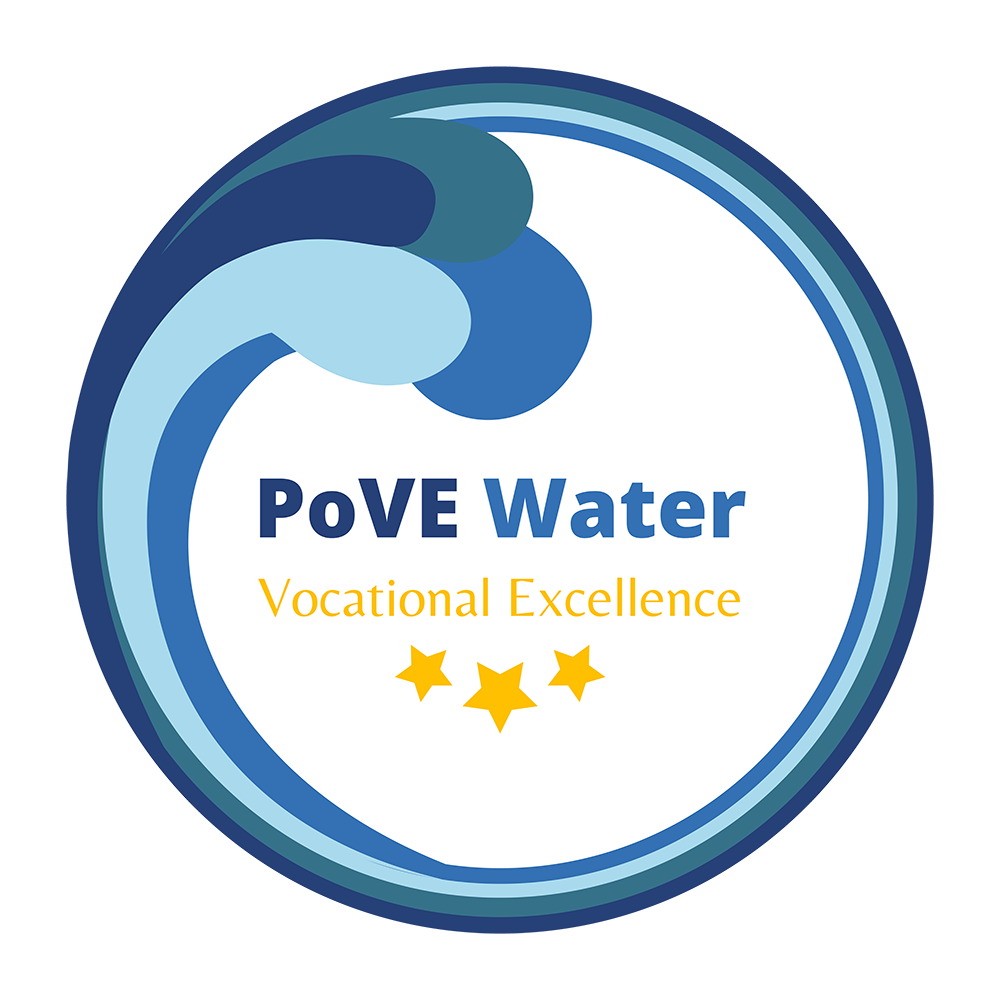Strengthening Education in the Water Sector
To reduce the shortage of professionally educated specialists in the significant water sector, a pilot project is planned to increase their competences by offering a modular education programme.
The water management sector is rapidly ageing in Latvia. The sector has the highest average age of the employed in Latvia – 50.9 in 2020. This is a strong sign of the need to attract young and knowledgeable specialists by promoting the sector among youth, retraining specialists from other areas and enabling those already in the field to further develop their knowledge.
“The public services sector alone needs at least 20 new professionals a year. However, the water sector includes not only water supply and sewerage. It is also amelioration, rain water collection, protection of surface and groundwater resources. The sector is interdisciplinary and closely linked to other areas of the national economy. In fact, without it, a full-fledged functioning of the economy is not possible – all production processes require water, many sectors have specific conditions for the treatment of waste water so as not to pose risks to the environment and human health. Generally, the sector needs an increased annual influx of educated professionals. While there is a lack of staff, to ensure the continuity of services, companies themselves train those professionals who lack professional knowledge or acquired it long ago. There are not enough specialists in the sector, with both appropriate professional and higher education,” – said the Chairman of the Board of the clean technology cluster Cleantech Latvia, Senior Expert of the Water Research and Environmental Biotechnology Laboratory of Riga Technical University (RTU) Jānis Zviedris, highlighting the problem.
A vocational modular education programme has been established to ensure the high-quality training of professionals needed for the sector. It consists of training modules, offering a flexible programme that includes general education, professional and lifelong learning competencies. Such a flexible approach will provide an opportunity to continuously replenish knowledge, since the educational content is rich, for example, it is possible to gain knowledge in the preparation of drinking water, waste water treatment, the construction and repair of water and sewer pumps, process automation and other processes.
“It is expected that initially practitioners in the water sector will participate in the trainings. In the future, they could become messengers who would interest and attract young people to the industry, showing the path – what can be achieved through vocational education, what can be done after graduating from a technical college – to go in the research direction or to become a high-level practitioner in a strategically important sector. There is no life without water. There is no civilisation without sewerage. The sewer network is the largest “social network” in the world – there one can find information about all residents of the world. This is demonstrated by the Covid pandemic: monitoring waste water allows timely forecasting of the outbreak and take preventive measures to reduce morbidity,” – notes J. Zviedris.
At the same time, he also highlights the direction of lifelong learning, which is crucial for the full and sustainable functioning of the sector and for the individual growth of each specialist. Moreover, it is not necessary to get lifelong education exclusively in one’s field, it is very valuable to acquire new knowledge and skills in non-professional sectors as well – it improves quality of life, allows to see new viewpoints and create new values. J. Zviedris, who has been working all his life in the water sector, has acquired skills in video filming and editing this year. He is the author of the lyrics of the song “Questions to the Edge of the Earth”, being also the author of its video clip. The video uses shots from this year activities of the international project PoVE Water (Pilot Platform of Vocational Excellence Water), 612632-EPP-1-NL-EPPKA2-SSA-P).
The project is being implemented to promote the compliance of professional education to meet labour market requirements and professional excellence in the water sector. The project brings together vocational education institutions, research centres, public authorities and representatives of the water sector from the Czech Republic, Latvia, Malta, the Netherlands and the United Kingdom, who intend to develop the potential of vocational education institutions enabling them to participate actively in promoting growth, competitiveness and innovation in the water sector. Latvia is represented there by RTU and RTU Technology College of Olaine.
The strategic partners of the sector – Cleantech Latvia, the Employers’ Confederation of Latvia (LDDK) and the Latvian Water and Wastewater Works Association (LŪKA) – also have a common understanding of the need to raise the quality of education in the water sector in order to comply with the requirements of the labour market, be attractive to potential learners and raise their interest in obtaining education in the water sector.
Through cooperation with all stakeholders:
- an agreement has been reached on centralisation in education, reducing the fragmentation of programmes and overlapping of the content of studies;
- mapping of the scientists and academic staff has been performed to identify the strengths;
- trainings are held to develop the professional competencies;
- synergies between universities, as well as colleges and professional schools are being increased.
These are important steps towards attracting new specialists further on, developing innovation and continuing to provide high quality and sustainable water management services.


No responses yet